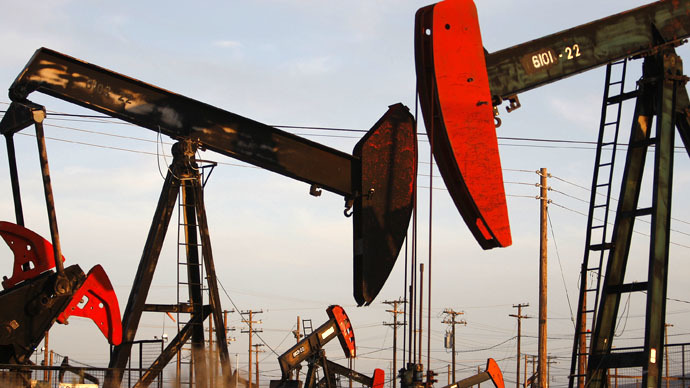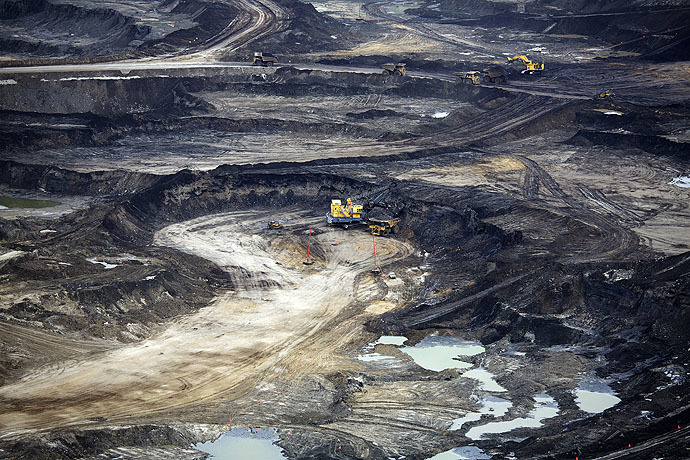‘Plunging oil has ‘definite effect’ on Canada’

Oil prices that have collapsed to 5-year lows will dramatically hit Canada, as energy sales provide about 30 percent of the budget revenues, Jennifer Winter, Associate Director at University of Calgary, told RT.
RT:OPEC's decided not to do anything to boost the price of oil. How's this affecting Canada's energy sector and economy more generally?
Jennifer Winter: It has a definite effect on the Canadian economy in particular in Alberta. About 30 percent of the government’s revenues are dependent on the oil and gas sector both from royalties from production. That has an impact on government budgets; it has an impact on what the government is able to spend money on. And it is also has an effect on what the investment firms are able to make and their revenues.

RT:Which countries are set to benefit the most from this fall in oil prices?
JW: I would say that the countries that are going to benefit the most are those that are major importers of energy. It could be that some regions of some countries will benefit and some will not. Canada is a great example in that. The western part of Canada is the oil producing region; the eastern part is an oil importing region. So there is this balance of what is happening in Canada and other countries around the world.
RT:How's this fall in oil prices going to affect the average person in Canada or the United States?
JW: Right now the price of gasoline is under a dollar (per liter –Ed), which it hasn’t been for a quite some time. For a lot of people that is real good news. The cost of fuel is cheaper and for companies their energy imports are now cheaper. In the long-run this will trickle through in a couple months or so, and we should have cheaper products for example. But on the other hand, a lot of people, say employed in western Canada, have stock options in oil and gas companies and a lot of pension plans also have stock options in oil and gas companies. They are definitely taking a hit at the market.
RT:Nearly all of Canada's oil comes from tar sands which apart from having a huge impact on the environment are also very expensive. Could falling oil prices mean this kind of oil extraction is no longer economically viable?
JW: No, the oil sands, tar sands are quite well suited to riding out low prices. One of the reasons that it is a lot more expensive is [that] there is a bigger capital cost invested in production. But as long as these existing projects are covering their variable cost of extraction, they can continue to produce. What we are likely to see is a significant slowdown in new investment in the oil sands.
The statements, views and opinions expressed in this column are solely those of the author and do not necessarily represent those of RT.
The statements, views and opinions expressed in this column are solely those of the author and do not necessarily represent those of RT.












